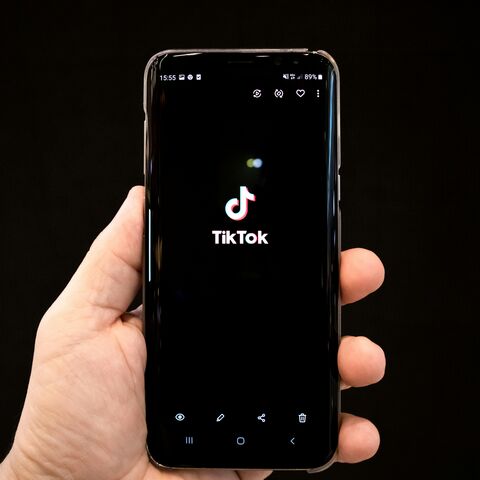The upcoming TikTok ban threatens the right to free speech for American citizens.
TikTok serves as a dynamic hub for entertainers, viewers, business owners, clients and professionals seeking opportunities for networking and growth. With over 170 million users in the United States, TikTok has become more than just a platform for viral dance trends and comedy skits; it’s a space where people connect, learn and thrive.
A federal appeals court’s decision to uphold a nationwide ban on TikTok is a significant threat to personal freedoms. By requiring its parent company, ByteDance, to sell the app by January 19, 2025, the ruling establishes a concerning precedent for government overreach.
While data security is important, other apps have collected and sold our information for years. The TikTok ban boils down to the U.S. government not profiting off the data and sells TikTok generates.
Unlike U.S.-based platforms like Facebook, Twitter or YouTube, TikTok operates outside the jurisdiction of U.S. corporate and governmental interests. American social media platforms routinely collect, sell and profit from user data.
Data collection and sales are practices that benefit not only private companies but also the U.S. economy. TikTok’s ownership by a Chinese company denies the U.S. government and corporations access to this lucrative data pipeline.
This ban appears to be less about protecting citizens and more about regaining control over a profitable industry currently dominated by an outsider.
Beyond data concerns, TikTok has become an essential tool for millions of Americans. Small business owners rely on TikTok to reach customers in ways traditional advertising cannot. For example, a plant shop owner credited TikTok with saving his struggling business, leveraging the platform’s unique algorithm to connect with niche audiences.
Similarly, educators use TikTok to share valuable content, such as history lessons that challenge traditional narratives. Kahlil Greene’s “Hidden History” series has enlightened millions about overlooked stories, fostering critical thinking and dialogue.
A ban would dismantle these opportunities, silencing countless voices and depriving users of educational and professional benefits.
The proposed ban also threatens free expression, which is the cornerstone of American democracy.
TikTok provides a platform for advocacy, creativity and connection; removing it would not only stifle creativity but also isolate communities that depend on the app for organizing and amplifying their voices. Activists have used TikTok to mobilize around social justice issues, reaching audiences that traditional media often overlook.
A ban would erase this vital digital space, undermining Americans’ First Amendment rights.
Critics of TikTok often point to misinformation on the platform, but this issue is far from unique to TikTok. Facebook, YouTube and Twitter have struggled with disinformation for years, often with fewer efforts to improve. Notably, TikTok has enhanced its content moderation policies while other platforms have rolled back theirs.
If Congress were serious about addressing misinformation, it would hold all social media companies to the same standard, rather than scapegoating TikTok.
The TikTok ban comes down to the issue of money. It fails to address the underlying issues of data privacy and misinformation, instead punishing millions of users who rely on the platform.
Rather than restricting access, lawmakers should pursue transparent and equitable policies that safeguard both security and liberty.




